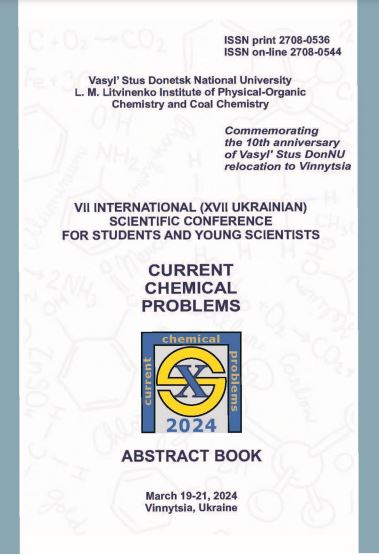Designing and evaluating educational chemistry games
Анотація
Current chemistry education leans on a social constructivist perspective of learning: pupils construct new knowledge by discussing and exploring together. Every pupil has an active and accountable role in the learning process. A teacher´s role, in turn, is to guide and support this process. A positive perception of one´s capability and of chemistry as a school subject has been proved to enhance learning. This is one reason why it is necessary to use teaching and learning methods, which promote both the pupils´ capability in chemistry and the fact that they like chemistry as a school subject. Educational games are this kind of a teaching and learning approach.Educational games and pupils The pupil is acting the role of a player. Playing educational games provides pupils with opportunities to take a responsibility for their own learning. These games also enhance an interplay between pupils as well as a construction of meaningful knowledge together. In other words, with educational games it is possible to execute a social constructivist way of learning. But it is the teacher, who should find the suitable game for a certain task, phenomenon, skill or knowledge to be learned. Even though a competitive element is typically included in the games, it is noticed that a cooperative, collaborative or an individual aim helps the progress of learning more than competitiveness. In cooperative or collaborative play, pupils focus on a shared aim and because of that, they play more rationally and make less mistakes. Often choice-makings in cooperative or collaborative play differ from individual play. It also seems that boys are engaged in cooperative game and problem-solving during the play better than girls.

